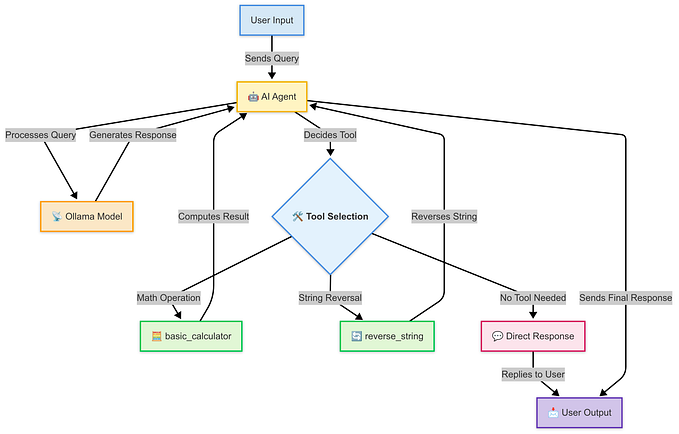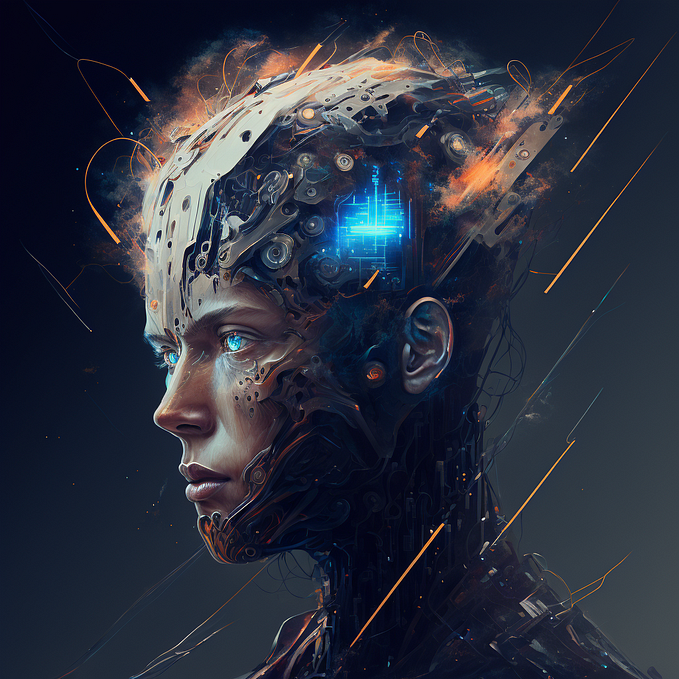The Future of Creative Industries with Generative AI

Understanding Generative AI
Generative AI refers to the use of artificial intelligence algorithms to generate new and original content. It is a technology that has gained significant attention in recent years due to its ability to create unique and innovative works of art, music, writing, and more.
At its core, Generative AI utilizes machine learning techniques to analyze large datasets and learn patterns and structures. This allows the AI system to generate new content based on the knowledge it has acquired. The process involves training the AI model on existing creative works, such as paintings or music, and then using that knowledge to generate new and original pieces.
Understanding Generative AI is essential in order to appreciate its potential impact on creative industries. By harnessing the power of machine learning and data analysis, Generative AI has the ability to push the boundaries of what is possible in the creative realm.
Impact of Generative AI on Creative Industries
Generative AI is revolutionizing the creative industries in numerous ways. One of the most significant impacts is the ability to automate the creative process and generate content at scale. This has the potential to greatly increase productivity and efficiency in various creative fields.
For example, in the world of visual arts, Generative AI can be used to create stunning and unique digital artworks. Artists can input certain parameters and let the AI system generate countless variations of a design, providing them with a wealth of options to choose from. This not only saves time but also opens up new possibilities for artistic expression.
In the music industry, Generative AI can compose original pieces by analyzing existing songs and creating new melodies and harmonies. This can be a valuable tool for musicians looking for inspiration or wanting to explore new musical styles.
Furthermore, Generative AI has the potential to democratize the creative process by allowing anyone, regardless of their artistic abilities, to create impressive and professional-looking content. This can empower individuals and give rise to a new wave of creativity and innovation.
Overall, the impact of Generative AI on creative industries is vast and far-reaching. It is reshaping the way we create and consume content, providing new opportunities and pushing the boundaries of human imagination.
Challenges and Opportunities
While Generative AI presents exciting opportunities for the creative industries, it also comes with its fair share of challenges. One of the main challenges is the ethical implications of AI-generated content. As AI becomes more advanced, there is a risk of plagiarism and copyright infringement, as AI models can replicate existing works with uncanny accuracy.
Another challenge is the potential loss of human creativity and originality. As AI systems become more proficient in generating creative content, there is a concern that human artists may become obsolete or marginalized. It is important to strike a balance between AI-generated content and human creativity, ensuring that both can coexist and complement each other.
On the other hand, there are also numerous opportunities that arise from Generative AI. The ability to automate certain aspects of the creative process can free up artists’ time and energy, allowing them to focus on more innovative and experimental projects. Additionally, Generative AI can be a powerful tool for collaboration, enabling artists from different disciplines to come together and create interdisciplinary works.
Furthermore, Generative AI has the potential to enhance personalization in the creative industries. By analyzing user preferences and data, AI systems can generate content that is tailored to individual tastes and preferences, providing a more immersive and engaging experience for consumers.
Navigating the challenges and leveraging the opportunities presented by Generative AI is crucial for the future of creative industries. It requires thoughtful consideration of ethical implications and a willingness to embrace new technologies while preserving the unique human touch.
Ethical Considerations
As with any emerging technology, Generative AI raises important ethical considerations. One of the key concerns is the issue of ownership and intellectual property. With AI’s ability to replicate existing works, there is a need to establish clear guidelines and regulations to protect artists’ rights and prevent unauthorized use of AI-generated content.
Another ethical consideration is the potential for bias in AI algorithms. AI systems learn from existing data, which may contain biases and prejudices. This can result in AI-generated content that perpetuates discriminatory or harmful stereotypes. It is essential to ensure that AI models are trained on diverse and inclusive datasets to mitigate these biases.
Additionally, there is a need for transparency and accountability in the use of Generative AI. Users should be informed when they are interacting with AI-generated content, and AI systems should have clear limitations and boundaries to prevent misuse or deception.
Addressing these ethical considerations is crucial to ensure that Generative AI is used in a responsible and beneficial manner. It requires collaboration between artists, technologists, policymakers, and society at large to establish ethical frameworks and guidelines that protect the rights and well-being of all stakeholders.
Future Possibilities
Looking ahead, the future possibilities of Generative AI in the creative industries are vast and exciting. As AI technology continues to advance, we can expect even more sophisticated and innovative applications.
One possible future possibility is the emergence of AI-generated virtual reality experiences. Imagine stepping into a virtual world created entirely by AI, where every element, from the landscapes to the characters, is generated in real-time based on user input and preferences. This has the potential to revolutionize the entertainment industry and create immersive experiences like never before.
Another future possibility is the integration of Generative AI with other emerging technologies, such as augmented reality and blockchain. This could lead to new forms of interactive and collaborative art, where users can contribute to the creation and evolution of AI-generated content in real-time.
Furthermore, Generative AI has the potential to transform the advertising and marketing industry. By analyzing consumer data and preferences, AI systems can generate personalized and targeted advertisements that resonate with individuals on a deeper level.
The future of creative industries with Generative AI is undoubtedly filled with endless possibilities. It is an exciting time to be at the forefront of this technological revolution and witness the transformative power of AI in shaping the way we create and experience art, music, writing, and more.
Frequently Asked Questions (FAQs)
1. What is Generative AI?
Generative AI refers to the use of artificial intelligence algorithms to create new and original content autonomously. It utilizes machine learning techniques to analyze large datasets and learn patterns, allowing AI systems to generate content based on acquired knowledge.
2. How does Generative AI impact creative industries?
Generative AI revolutionizes creative industries by automating the creative process, increasing productivity, and efficiency. It enables the creation of unique digital artworks, original music compositions, and personalized content tailored to individual preferences. Moreover, it democratizes creativity, empowering individuals regardless of their artistic abilities to produce professional-quality content.
3. What are the challenges and opportunities associated with Generative AI in creative industries?
Challenges include ethical implications such as plagiarism and copyright infringement, as well as concerns about the potential loss of human creativity. However, there are opportunities to automate aspects of the creative process, foster collaboration between artists, and enhance personalization in content creation. Balancing these challenges and opportunities is crucial for the future of creative industries.
4. What are the ethical considerations surrounding Generative AI?
Ethical considerations include issues of ownership, intellectual property rights, bias mitigation, transparency, and accountability. Clear guidelines and regulations are needed to protect artists’ rights, prevent biased content generation, and ensure transparency and accountability in the use of Generative AI.
5. What are the future possibilities of Generative AI in creative industries?
Future possibilities include the emergence of AI-generated virtual reality experiences, integration with other technologies like augmented reality and blockchain, and transformation of the advertising and marketing industry through personalized and targeted content generation. The future of creative industries with Generative AI is characterized by endless possibilities for innovation and collaboration.






